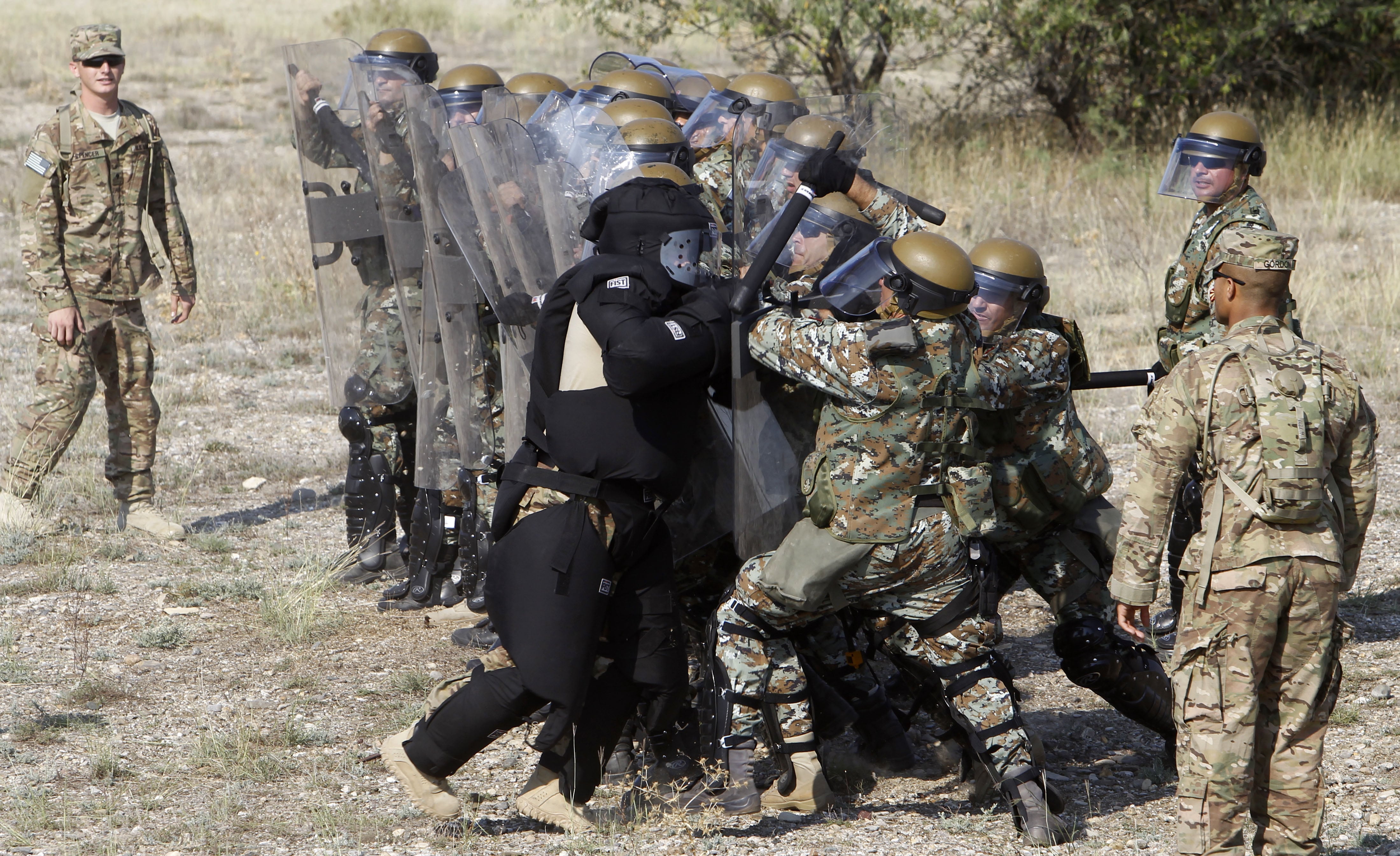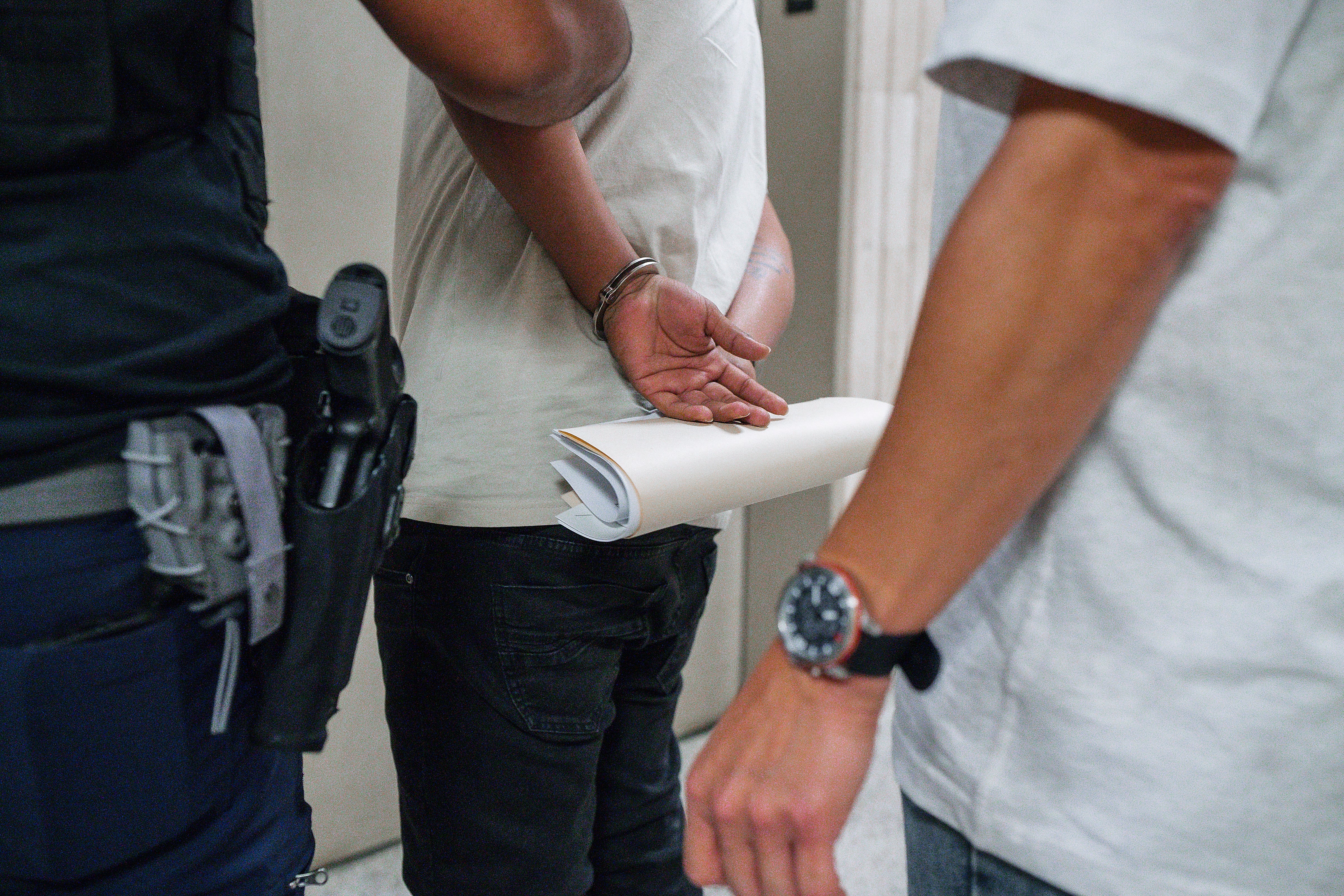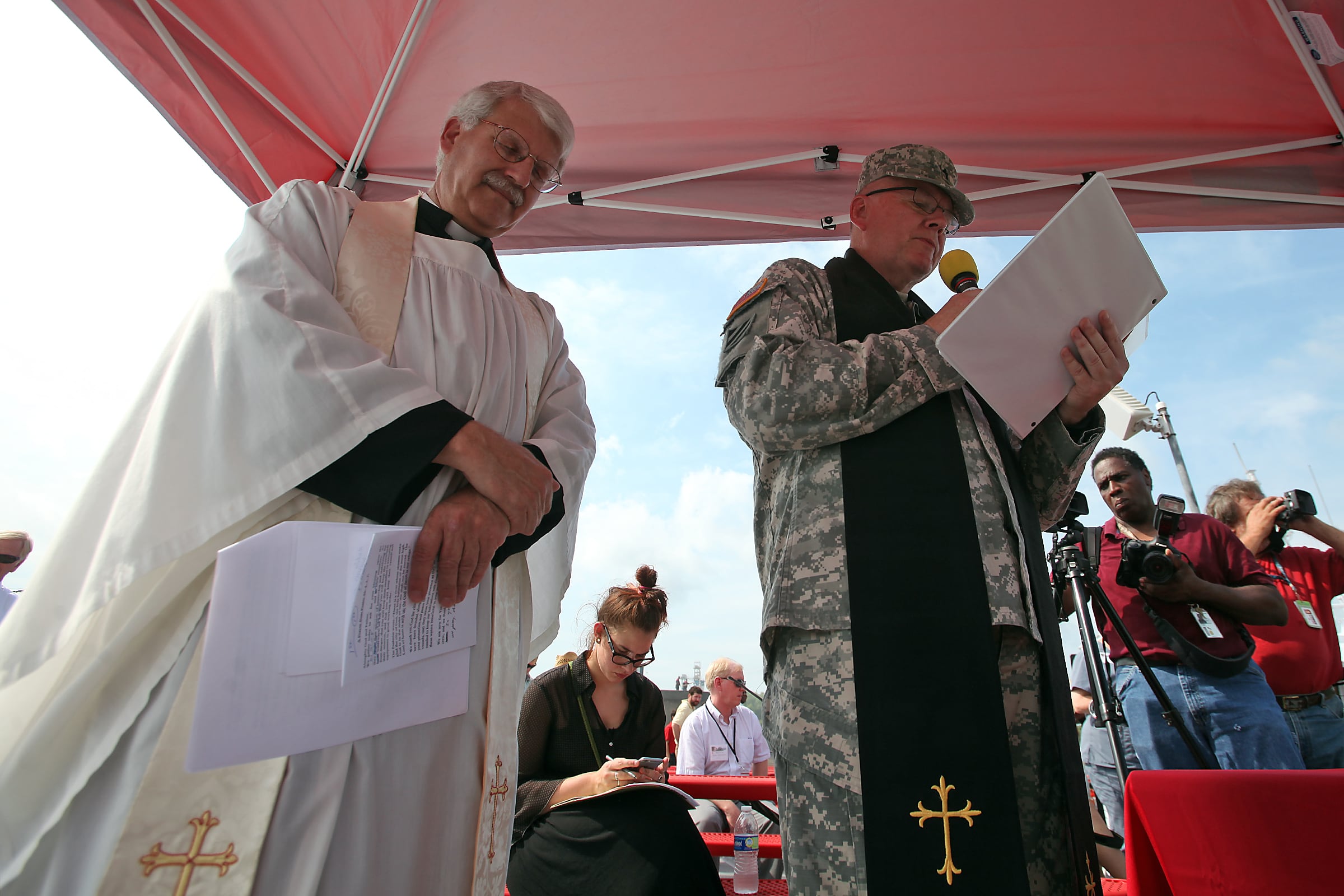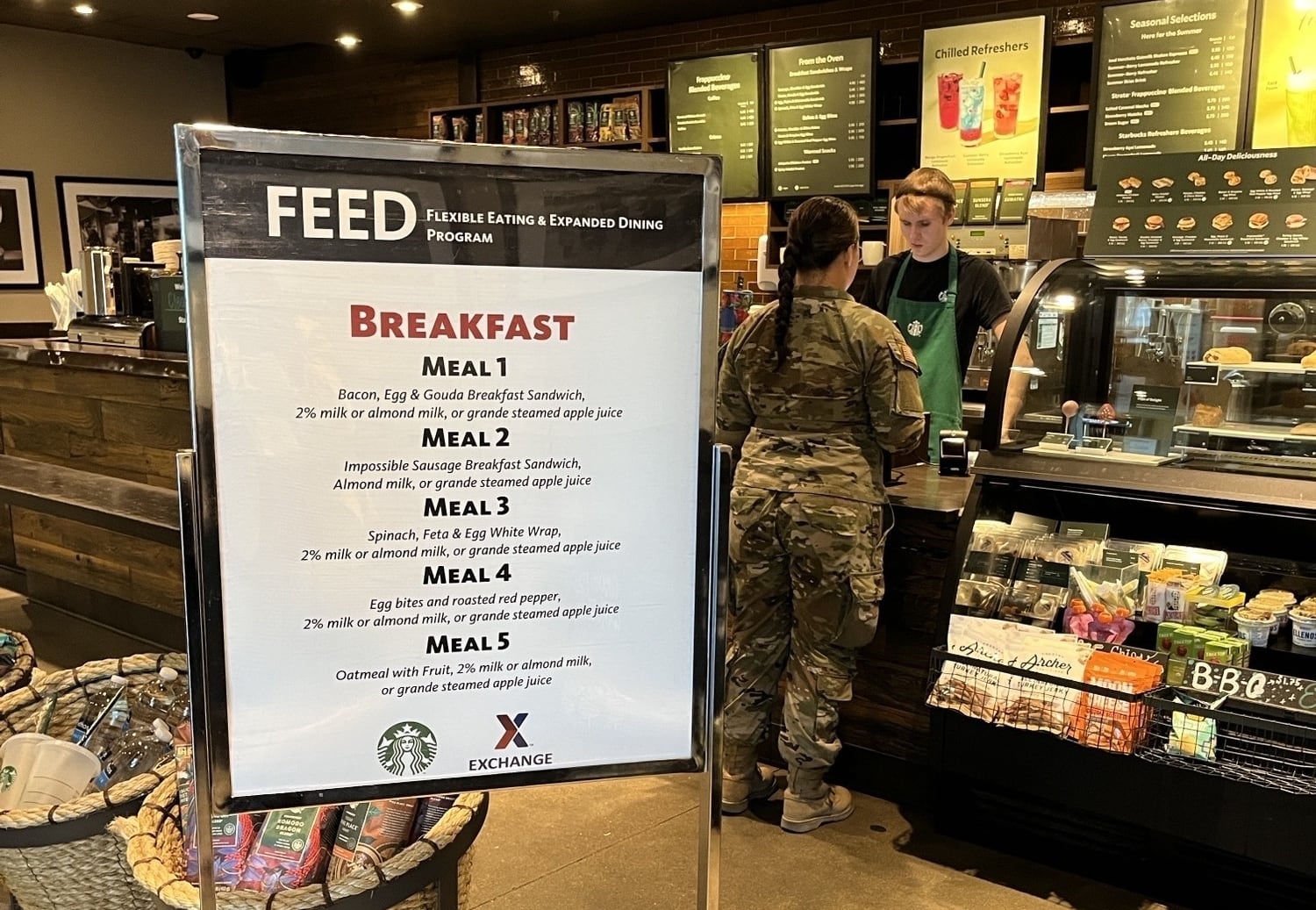Prosecutors allege a Navy pilot and Top Gun grad offered military secrets to Chinese officials if they would break him out of jail after he was found guilty of producing child pornography.
"My country, that I have faithfully served since 2001, found me guilty of 31 felonies that I did not commit," stated the letter allegedly written by Lt. Daniel Chase Harristhe letter said. "And to make it worse they took my wife and children from me. So if they no longer believe in me, then I no longer believe in them."
The details, first reported by The Virginian-Pilot, came to light in a July 6 court document titled "Position of the United States with Respect to Sentencing," filed by Assistant U.S. Attorney Elizabeth Yusi in anticipation of Harris' the July 13 sentencing of Lt. Daniel Harris. Prosecutors have not decided whether to pursue charges in regard to the March 26 letter, written 17 days after Harris' conviction. Prosecutors The letter was submitted the letter to illustrate his "manipulative, destructive behavior," but Harris' defense attorney disputed its veracity.
"Mr. Harris denies sending the letter and is adamant about that," said Andrew Sacks, Harris' defense attorney. "He said he didn't write it, didn't send it, so we are in the process of investigating various aspects of that and interviewing witnesses from the jail that might shed light on this."
Prosecutors said Harris, 31, used another inmate's name because he knew the jail routinely screened his mail, but said forensics show evidence from Homeland Security Investigations Forensic Document Examiner John Barnett will prove Harris wrote the letter that was addressed to the Chinese Embassy in Washington, D.C.
The letter is written on the back of a 2013 flight schedule from Strike Fighter Weapons School Atlantic at Naval Air Station Oceana, Va. Harris, a 2005 Naval Academy grad, was assigned to the unit at the time of his November 2013 arrest. The author identifies himself as Harris and offered to reveal "all of [his] knowledge" of just about every fighter jet, missile, and radar in the U.S. inventory. The writer also offered to share knowledge of pilot training, threat assessments, and carrier operations. The letter included a map identifying his location in the jail, and a promise that the writer would contact the Russian Embassy if he did not hear from the Chinese by April 3rd.
Harris is in Western Tidewater Regional Jail in Suffolk, Va. His convictions were the result of his posing online as a teenage boy to convince young teen girls to send risqué pictures. He then extorted the girls to send him additional, sexually explicit graphic images and videos under the threat that he would otherwise post the initial images online or send them to family and friends.
In the words of Yusri, "[h]e made them participate in their own victimization."
The counts involved nine victims ranging in age from 12 to 17, but prosecutors called Harris "the victimizer and manipulator of hundreds of girls." They said his exploits likely started as early as 2008, but he got a new computer in 2011 so they had no way to prove the extent of his activities.
Harris was also found guilty of obstruction of justice. In March 2014, Sacks received a handwritten letter from "John Anderson" that said the author framed Harris for the child porn charges because Anderson was obsessed with Harris' wife. The writer supplied the full names of several victims and passwords to different accounts used to perpetrate the charged crimes. The letter was postmarked from Baltimore and analysis found the handwriting did not belong to Harris.
Investigators later learned that the letter was a ploy orchestrated by Harris. The letter had been sent by Chris Pieczonka, one of Harris' academy buddies now living in Maryland. Pieczonka testified that he offered support when he heard of Harris' arrest.
Harris The fighter pilot asked Pieczonka to complete a favor Harris owed someone in jail. Pieczonka testified that he was to mail an enclosed letter "no questions asked" to Andrew Sacks. Pieczonka was instructed to not read the letter or let anyone know about it, to wear gloves when handling the letter, buy new envelopes and stamps with cash to mail the letter (and wipe the stamp to make sure it was clean), remove the outer paper of the letter and put the letter inside, making sure no hair fell inside the envelope. He was told to seal the envelope with a damp sponge (no tongue or tape), address the envelope in block letters with a pencil as shown on the back of this letter, drive to a certain place and deposit the envelope in a blue post office box, and "forget about this and destroy the instruction letter." That turned out to be the "John Anderson" letter.
Harris also promised to pay the wife of an inmate $3,000 to send text messages from a prepaid phone that claimed to be John Anderson and with the message that he was soon going to prove Harris was innocent.
"[Harris] still refuses to accept responsibility for his actions, which does not bode well for any rehabilitation chances," Yusri wrote in her sentencing document. "The government avers that Harris will continue to use and abuse others should he have any chance to do so. Due to this risk, adequate punishment, deterrence and protection of the public all call for a severe sentence for Harris' offenses."
Harris is facing life in prison; Yusi asked for at least 50 years and lifetime supervised release. Sacks said he will appeal the conviction once sentencing is complete.






